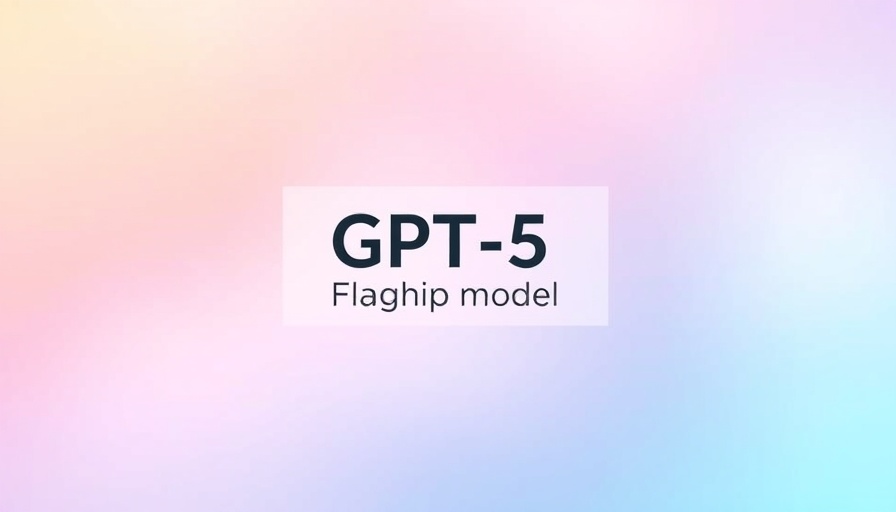
A Warning from the UK High Court: The Perils of AI in Legal Research
Legal professionals in the UK are on high alert following a stark warning from the High Court of England and Wales regarding the use of artificial intelligence (AI) in legal research. As generative AI tools like ChatGPT become more prevalent, the need for accuracy and accountability in the legal profession has never been more pressing.
Understanding the Court's Ruling
In a recent ruling, Judge Victoria Sharp emphasized that AI tools are incapable of conducting reliable legal research and that lawyers have a professional duty to ensure the accuracy of their cited materials. In her opinion, AI might generate content that appears plausible but can be factually incorrect. This decision is crucial for the legal community, as it underscores the necessity of rigorously verifying information derived from AI-generated resources.
Implications for Legal Professionals
Judge Sharp's statement pointed out that the repercussions of using inaccurate AI-generated citations in legal documents can be severe. Two cases reviewed by the court highlighted this issue, where citations were submitted that did not exist or were improperly attributed. These mistakes not only undermine the integrity of the legal system but also place lawyers at risk of disciplinary action. The court stated that “lawyers who do not comply with their professional obligations in this respect risk severe sanction,” demonstrating the seriousness of the situation.
The Growing Demand for AI Accuracy in Law
As AI technology continues to evolve, so too does its application within various industries, including law. The pervasive adoption of AI in research tasks highlights a vital trend: professionals across sectors must prioritize accuracy and ethical standards when integrating disruptive technologies. In light of this ruling, lawyers must now approach AI-generated insights with a critical mind, understanding the need for thorough validation before referencing them in their work.
Steps to Ensure Compliance and Accuracy
To mitigate risks associated with AI-driven citations, legal professionals should implement a multi-step verification process whenever AI is utilized for legal research. This includes cross-referencing AI-generated data with authoritative sources and applying a keen analytical lens to assess the validity of the information provided. By doing so, law firms can protect themselves and uphold the principles of justice effectively.
Future Considerations for AI in Legal Practices
The ruling by the UK High Court marks a pivotal moment in the integration of AI within the legal field. As technologies continue to advance, the focus on legal ethics and responsibility remains paramount. Legal professionals must stay updated with emerging trends in AI and adapt their practices accordingly to navigate the transforming landscape of law.
This situation serves as a cautionary example for industries employing emerging technologies. The repercussions of overlooking accuracy can lead to not only legal consequences but a loss of credibility and trust among clients.
As AI technology continues to evolve rapidly, the implications for professionals in the tech-driven sectors—especially in law—are profound. Understanding and harnessing the power of AI ethically and responsibly has become a vital component in ensuring sustainable professional growth.
For legal professionals and those involved in tech innovation, maintaining the balance between leveraging AI and adhering to ethical standards is essential. As the landscape of legal practices shifts with these developments, now is the time to reevaluate best practices surrounding AI use in research.
 Add Row
Add Row  Add
Add 




Write A Comment